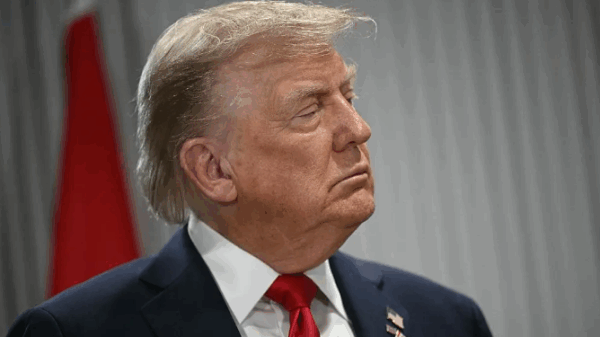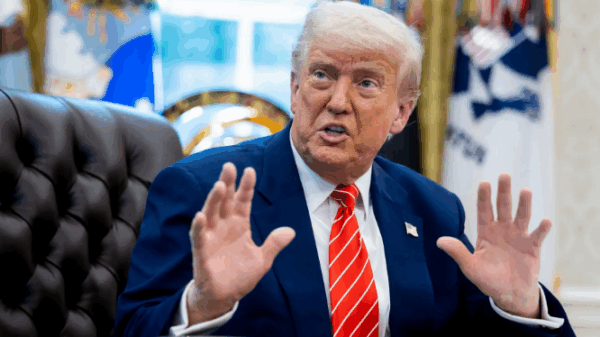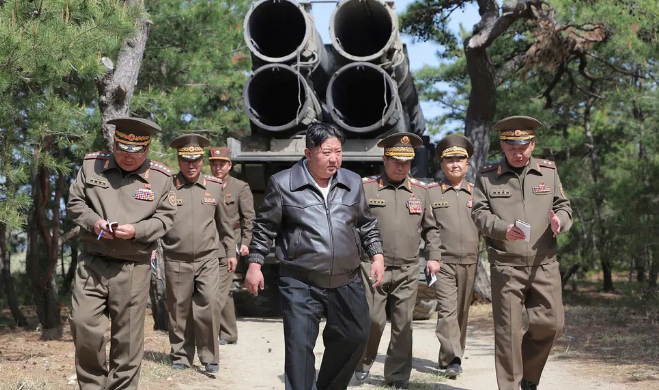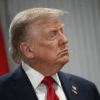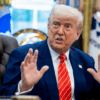President Donald Trump’s announcement last week of a new space-based missile defense system, dubbed the “Golden Dome,” has sparked concern and criticism from several global rivals. While the plan promises to protect the United States from missile threats by using a network of interceptors, satellites, and sensors, many experts and foreign governments question its effectiveness and warn it could escalate international tensions.
The “Golden Dome,” inspired by Israel’s Iron Dome, aims to intercept missiles launched from anywhere around the world. However, the project remains in the early stages and faces significant uncertainties, particularly regarding its cost and whether it would genuinely enhance security or instead provoke a new arms race. Critics argue the initiative risks accelerating the weaponization of space and heightening suspicions among other nations.
North Korea swiftly condemned the plan. State media on May 27 called the Golden Dome a “nuclear war scenario in outer space” and accused the U.S. of using the project to maintain global dominance. The isolated country, known for its frequent missile tests—including intercontinental ballistic missiles (ICBMs) capable of reaching the U.S.—warned the initiative was a cover to militarize space and gain unilateral military superiority. North Korea is believed to have between 70 and 90 nuclear weapons and continues to expand its arsenal.
Russia and China also strongly opposed the Golden Dome before Trump’s formal announcement. In a joint statement earlier this month, they labeled the program “deeply destabilizing” and rejected the notion of separating offensive and defensive strategic weapons. They warned against the use of space as a domain for armed conflict and pledged to counter any security policies aimed at militarizing space.
Following Trump’s announcement, Russia took a more cautious tone. Kremlin spokesperson Dmitry Peskov described the missile defense project as America’s sovereign right and said Russia would reserve judgment until more details emerged. Russian Foreign Minister Sergey Ryabkov acknowledged the need to take the program seriously but emphasized Moscow’s strategic weapons are capable of penetrating any missile defense system. Despite international sanctions restricting some space programs, Russia maintains a formidable missile arsenal, with plans to expand hypersonic and cruise missile capabilities by 2035.
China continued to criticize the plan, with Foreign Ministry spokesperson Mao Ning warning it could trigger a space arms race and undermine global arms control agreements. The Pentagon views China as a significant missile threat, citing its advanced hypersonic arsenal and large stockpile of nuclear warheads and ICBMs. China is rapidly developing its indigenous missile defense capabilities alongside Russian systems.
As Trump pushes forward with the Golden Dome plan, concerns grow that this ambitious defense initiative could intensify geopolitical rivalries, deepen mistrust, and spark a new chapter in the militarization of space—raising questions about the future of international security.

